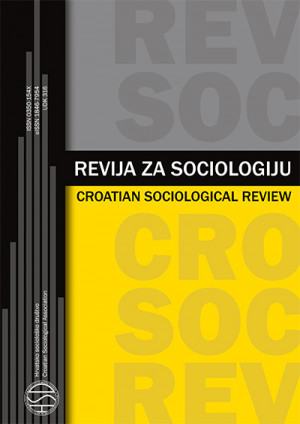Possibilities for Inter-Destination Collaboration in Tourism in the Case of Opatija and Portorož: A Managerial Perspective
Possibilities for Inter-Destination Collaboration in Tourism in the Case of Opatija and Portorož: A Managerial Perspective
Author(s): Ksenija Vodeb, Helena Nemec-RudežSubject(s): Social Sciences, Sociology, Economic development, Tourism
Published by: Hrvatsko sociološko društvo
Keywords: tourism; collaborative advantage in tourism; inter-destination collaboration; Mediterranean tourist destinations;
Summary/Abstract: Intense competition among tourist destinations raises interest in inter-destination collaboration as a tool for developing innovative inter-destination products.The study presented in this paper examined the motives, barriers and expected outcomes of inter-destination collaboration in two Mediterranean tourist destinations – Opatija and Portorož – that are recognised as good mutual substitutes for tourists. Twenty management-level representatives of tourism or tourism-related organisations in Opatija and Portorož were interviewed to evaluate how they perceived inter-destination collaboration. The study revealed that inter-destination collaboration is recognised as an important tool for bridging the tourism destination products that are designed internally in order to develop inter-destination products. The study also revealed the motives for inter-destination collaboration based on the destinations’ complementarity, collaboration barriers based on the destinations’ similarities as well as differences and outcomes that are expected from inter-destination collaboration that bridges the tourism products developed separately in each destination. Participants expressed positive attitudes towards an innovative tourist offer and arrangements for the new and distant markets aiming to overcome the seasonality and upgrade the quality of destination products. Furthermore, the findings indicated that inter-destination collaboration might be successfully employed between destinations with poor intra-destination collaboration that are close substitutes.Practical implications of the results are discussed and further research is considered.
Journal: Revija za sociologiju
- Issue Year: 46/2016
- Issue No: 2
- Page Range: 205 - 227
- Page Count: 23
- Language: English

